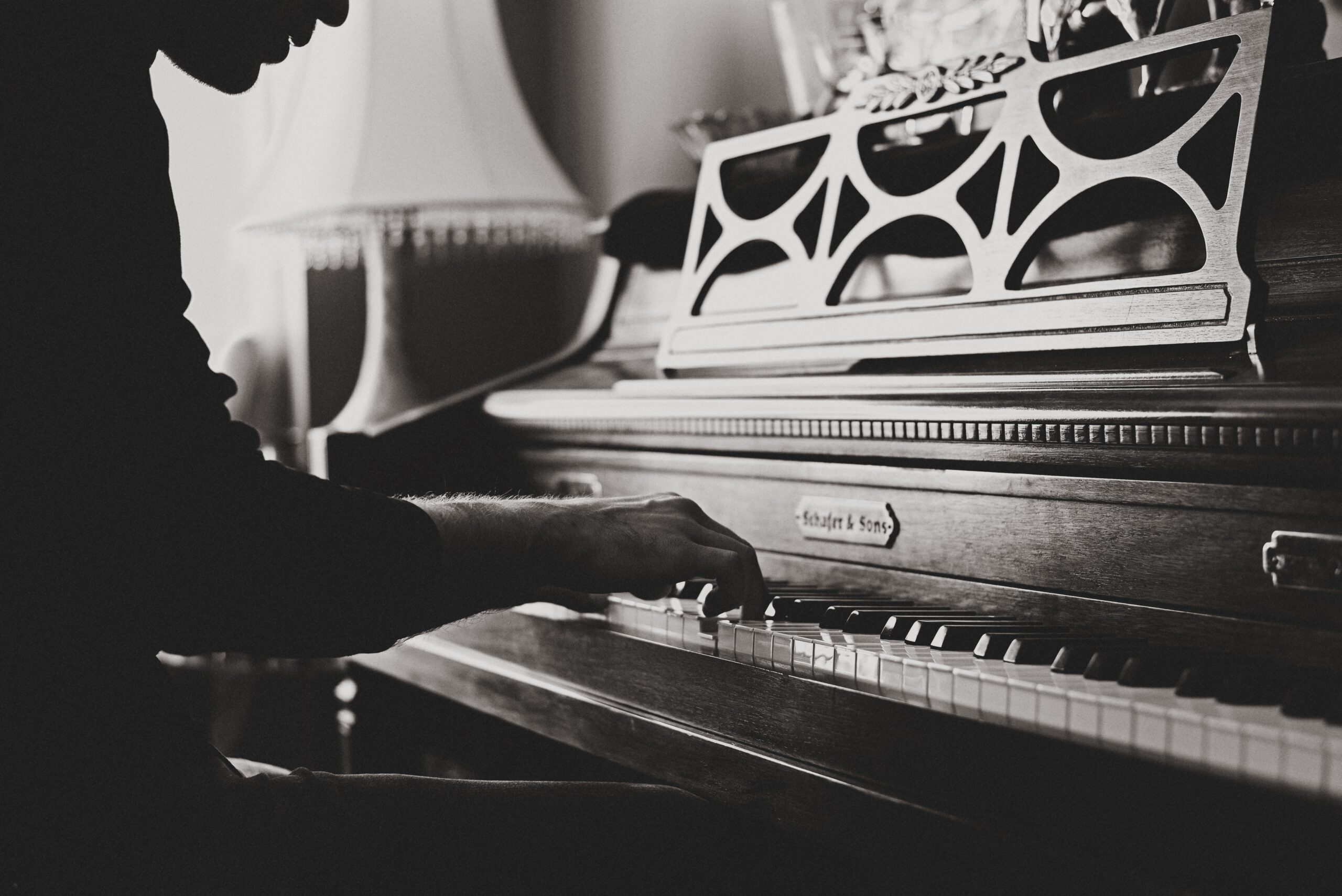Imagine a world where Artificial Intelligence (AI) collaborates with artists, musicians, and writers to elevate creative projects to new heights. With AI’s ability to analyze data, recognize patterns, and generate unique ideas, the possibilities seem endless. From producing awe-inspiring artworks to composing symphonies that tug at our heartstrings, and even crafting compelling narratives that captivate our imagination, AI holds the potential to revolutionize the creative landscape. But the question remains: can AI truly enhance creative projects like art, music, and writing? Let’s explore together the exciting realm where human ingenuity meets the technological marvels of AI.
Understanding AI in Creative Fields
Artificial Intelligence (AI) is a transformative technology that has the potential to revolutionize various fields, including art, music, and writing. In simple terms, AI refers to the development of computer systems capable of performing tasks that usually require human intelligence. These tasks include learning, problem-solving, pattern recognition, and decision-making.
Defining Artificial Intelligence
Artificial Intelligence can be broadly categorized into two types: Narrow AI and General AI. Narrow AI, also known as weak AI, is designed to perform specific tasks and is commonly used in various creative applications. On the other hand, General AI, often referred to as strong AI, possesses the ability to understand, learn, and apply knowledge across different domains – a goal that is yet to be fully realized.
Applications of AI in Various Fields
AI has already made significant contributions to various industries such as healthcare, finance, and transportation. However, the creative realm is also ripe with opportunities for AI integration. In the field of visual art, AI can be utilized to generate original artwork, assist in the creative process, and even analyze the emotional impact of artwork on viewers. Similarly, in the music industry, AI can aid in music composition, create harmonies, and generate unique sounds. In writing, AI-based tools can assist in grammar and style checking, content creation, and even storytelling.
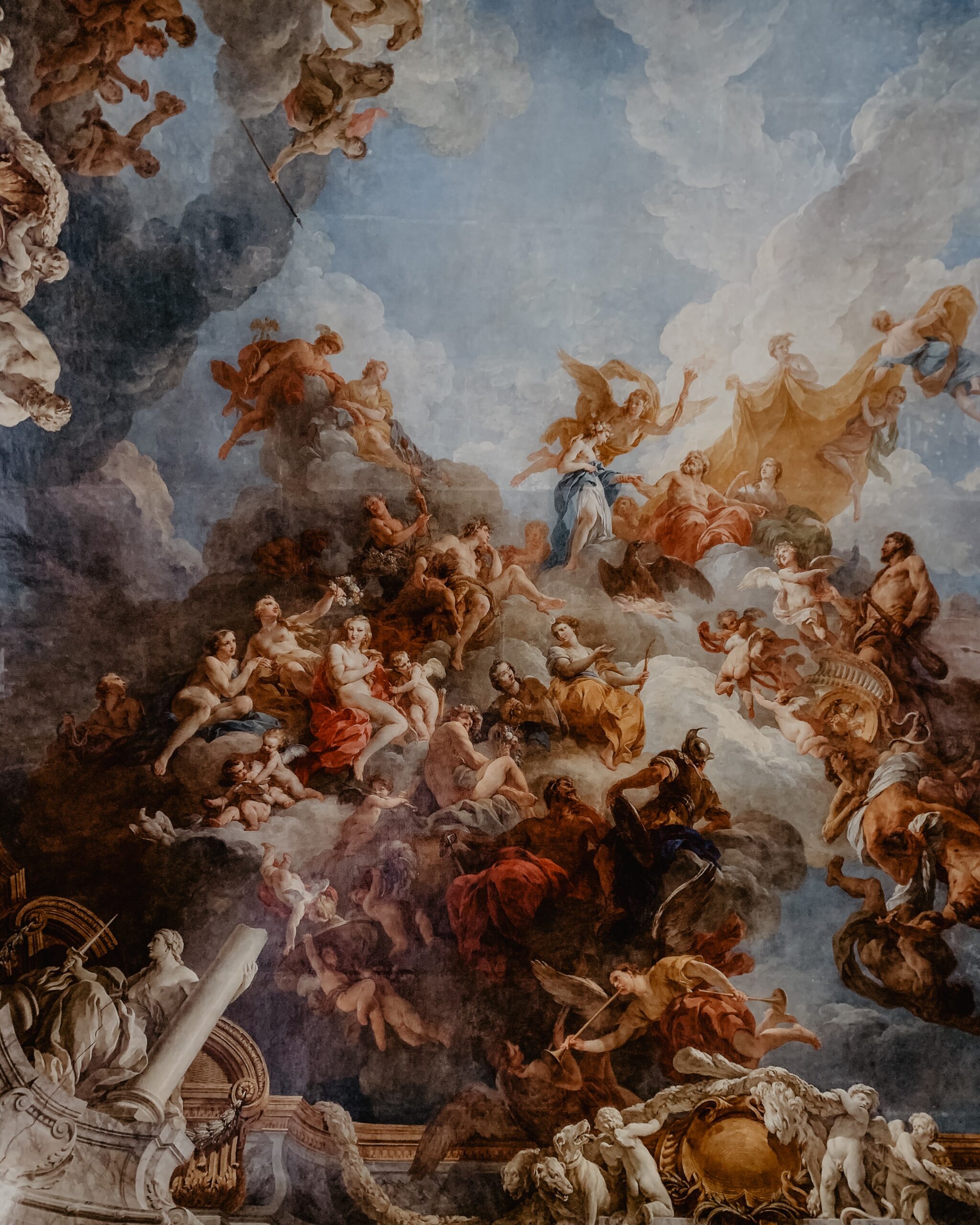
Potential of AI in Enhancing Creativity
While some may view AI as a threat to human creativity, it actually has the potential to enhance and inspire creative projects. By automating mundane and repetitive tasks, AI frees up valuable time and energy for artists, musicians, and writers to focus on more innovative and exploratory work. AI can also act as a collaborator, pushing the boundaries of creative expression by providing unexpected insights, suggestions, and inspiration. The integration of AI into creative fields opens up exciting new possibilities, enabling creators to break through creative blocks and experiment with novel ideas.
AI in Visual Art
AI has demonstrated its capability to create visually stunning artwork, blurring the boundaries between human and machine creativity. By analyzing vast amounts of data and patterns, AI algorithms can generate unique and original art pieces that captivate audiences. The use of AI in visual art isn’t limited to creating standalone pieces; it can also assist artists in the creative process. AI tools can aid in generating new ideas, providing references, and even improving the overall composition of an artwork.
Popular AI tools for artists include DeepArt, which uses deep learning algorithms to transform images into unique art styles, and RunwayML, which offers a range of AI-based tools for artists to experiment with. These tools empower artists to explore new techniques and produce visually striking artwork.
However, there are also some drawbacks to the use of AI in visual art. Critics argue that AI-created art lacks the emotional depth and personal touch that human artists bring to their work. Additionally, there are concerns about the originality and authenticity of AI-generated art, raising questions about the role and value of the artist in the creative process.
AI in Music Creation
In the realm of music, AI has made significant strides in assisting composers and musicians. AI algorithms can analyze vast musical libraries, identifying patterns and creating harmonies that align with the desired style or mood. This opens up endless possibilities for musicians to experiment with new sounds and compositions.
There are several AI tools available to musicians, such as Amper Music, which generates custom music tracks based on user specifications, and Jukedeck, which allows users to create original music using AI-generated melodies and harmonies. These tools enable musicians to quickly generate music for various purposes, such as video game soundtracks, background music for videos, or even advertisement jingles.
The impact of AI on the music industry is substantial. AI-powered recommendation systems on streaming platforms have revolutionized the way music is discovered, enabling personalized playlists and tailored recommendations for users. However, there are concerns that AI-generated music may lead to a homogenization of musical styles, potentially stifling creativity and diversity.
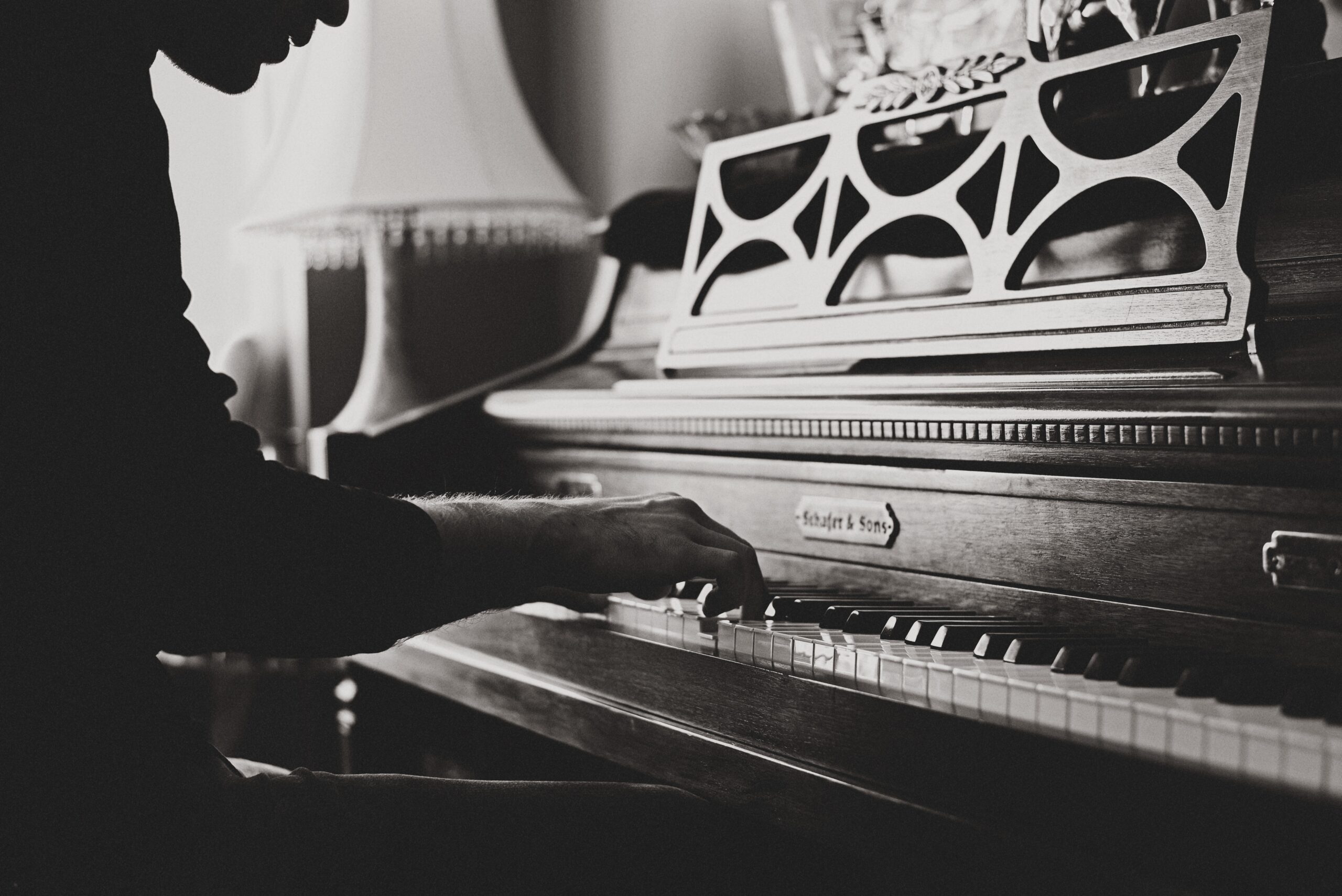
AI in Writing Industry
AI has also found its place in the writing industry, offering a range of tools and software to assist writers in their creative process. AI algorithms can aid in grammar and style checking, ensuring that written content is error-free, coherent, and concise. Additionally, AI-based writing tools can generate content suggestions and even assist in storytelling.
Some popular AI-based writing tools and software include Grammarly, which offers real-time grammar and style suggestions, and OpenAI’s GPT-3 (Generative Pre-trained Transformer 3), which can generate coherent and contextually relevant text based on prompts.
However, there are drawbacks and challenges associated with AI in writing. Critics argue that reliance on AI tools may lead to a homogenization of writing styles and hinder the development of individual voices and unique perspectives. Additionally, there are concerns about the potential for AI-generated content to be misused for unethical purposes, such as spreading disinformation or creating fake news.
Individual Creativity Versus AI
Human creativity possesses distinctive qualities that set it apart from AI-generated creativity. While AI may excel at analyzing patterns and generating content based on existing data, human creativity often involves a combination of intuition, emotions, and personal experiences that are difficult to replicate in machines.
AI may be capable of creating artwork, composing music, or even writing convincingly. However, critics argue that it lacks the ability to truly understand the human experience, limiting its capacity for genuine creativity. Human creativity encompasses a wide range of emotions, cultural nuances, and contextual understanding that AI struggles to fully grasp.
Can AI Truly Be Creative?
The question of whether AI can truly be creative is a highly debated topic. Some argue that AI’s ability to generate content that is indistinguishable from human creations suggests a level of creativity. However, others contend that AI’s creative output is merely a product of programmed algorithms and lacks the depth, intentionality, and originality associated with human creativity.
The limitations of AI in mimicking human creativity can be attributed to its reliance on existing data and patterns. While AI can generate content that aligns with existing styles and trends, it often struggles to break free from these constraints and produce truly innovative and groundbreaking work. AI lacks the ability to think abstractly, make conceptual connections, and possess a genuine sense of imagination.
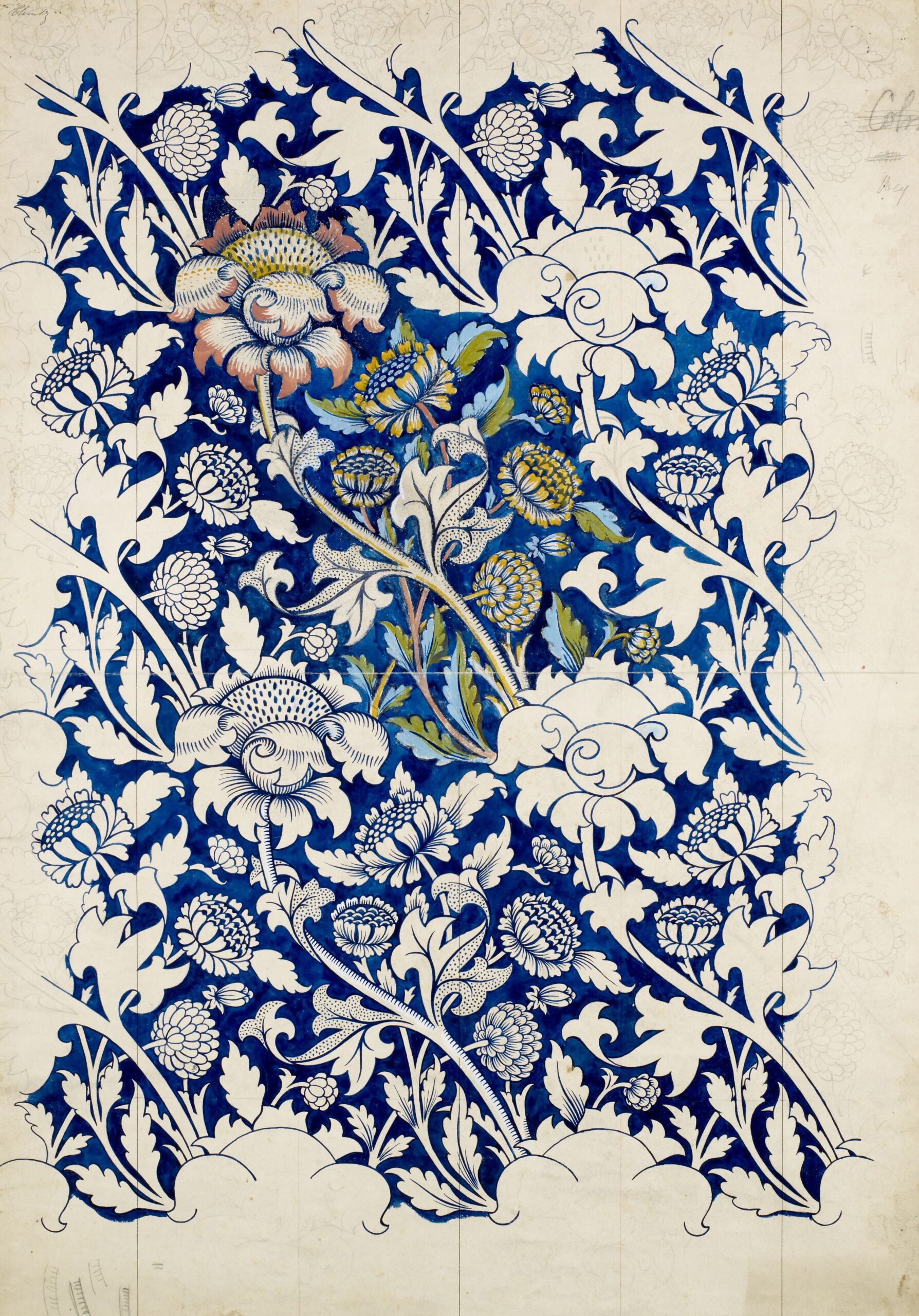
Limitations of AI in Mimicking Human Creativity
AI’s limitations in mimicking human creativity can be observed in its tendency to rely on existing data and replicate established styles. AI systems are trained on vast amounts of existing content, which can result in an overreliance on imitation rather than genuine creation. AI may struggle to produce truly unique and original work that goes beyond what it has been trained on.
Additionally, AI lacks the ability to innovate and take artistic risks. Human creativity often involves pushing boundaries, challenging norms, and exploring uncharted territories. AI’s reliance on patterns and data often prevents it from stepping outside established frameworks and venturing into unexplored creative realms.
The Ethical Implications of AI in Creativity
The integration of AI in creativity raises several ethical concerns, particularly regarding originality, copyright, and intellectual property rights. With AI’s ability to analyze vast amounts of existing content, there is a risk of unintentional plagiarism or infringement on existing creative works. Determining the line between inspiration and plagiarism becomes increasingly complex when AI is involved in the creative process.
Additionally, the question of authorship arises when AI systems are responsible for generating artwork, music, or writing. Should AI creations be considered the intellectual property of the AI system itself or the human creator overseeing the process? This debate challenges longstanding notions of artistic ownership and authorship.
Concerns of Originality
One of the primary concerns with AI-generated creativity is the question of originality. While AI systems are capable of producing content that closely resembles existing styles, there is debate surrounding the authenticity and novelty of AI-generated works. Critics argue that true creativity involves the synthesis of past influences with unique perspectives, intentions, and authentic experiences – something that AI struggles to replicate.
However, proponents of AI in creativity argue that AI has the potential to redefine originality. By combining existing content in novel and unexpected ways, AI can generate creations that challenge traditional notions of originality and push the boundaries of what is considered genuinely new and innovative.
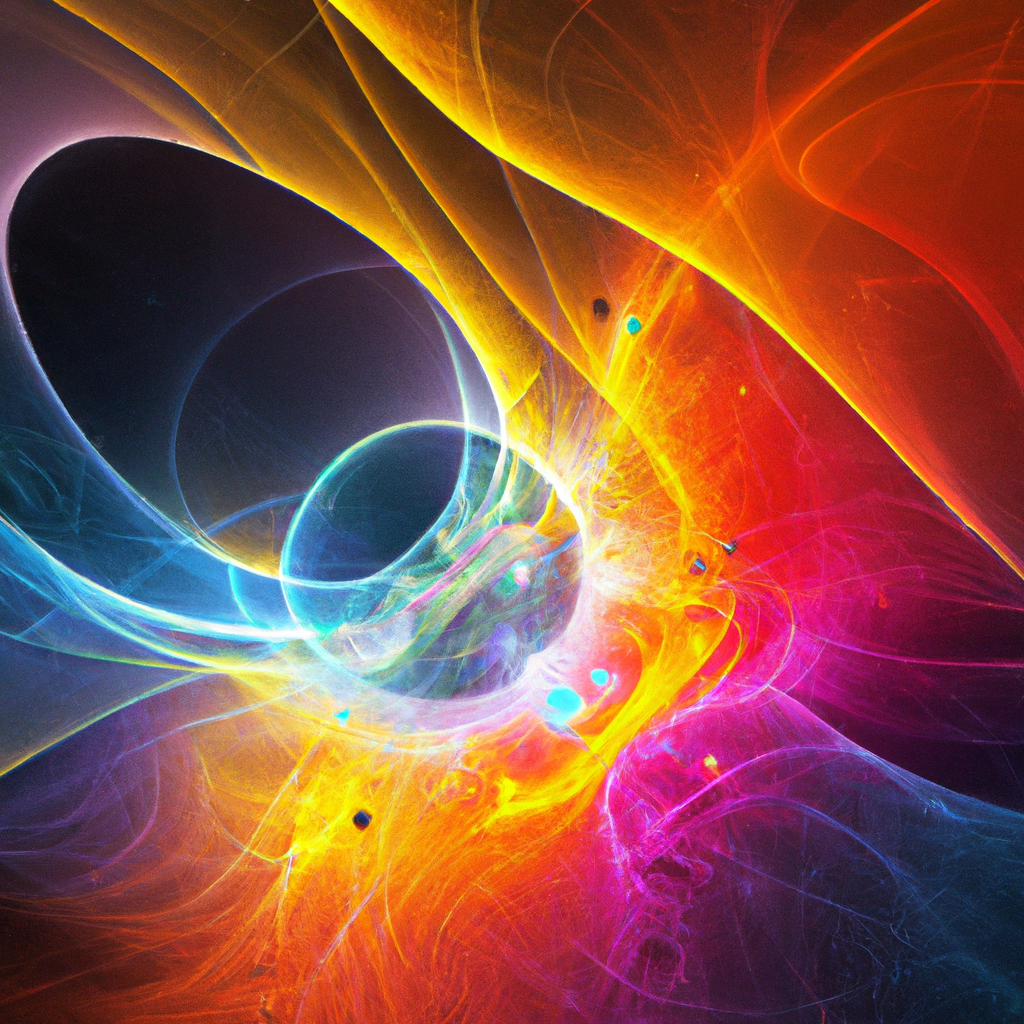
AI, Copyright, and Intellectual Property Rights
The question of copyright and intellectual property rights becomes complex in an AI-driven creative landscape. With AI’s ability to generate content that closely resembles existing works, determining the ownership of AI-generated creations poses a challenge.
Legally, copyright typically rests with the human creator. However, AI’s involvement in the creative process blurs the line between human and machine authorship. This raises questions about the rights and ownership of AI-generated creations and requires careful consideration of legal frameworks to ensure fair protection and recognition for both human and AI authors.
The Debate Surrounding AI Authored Art or Music
The debate surrounding AI-authored art or music extends beyond questions of originality and copyright. It dives into fundamental discussions about the nature of creativity, authorship, and the role of human involvement in the creative process.
Some argue that AI-authored creations should be celebrated and acknowledged as a new and unique form of creativity. They advocate for recognizing AI as a collaborator, with human artists overseeing the process and bringing their own creative insights to the table.
Others, however, have reservations about AI-authored works, raising concerns about the loss of human touch and emotional depth in creative expressions. They argue that AI-authored creations lack the nuanced understanding of human experiences that human artists possess.
The Future of AI in Creativity
The future of AI in the creative industry is promising. As AI technology continues to advance, so too will its potential for enhancing and transforming creative projects. Predicted advances in AI tools for creators include improved content generation capabilities, more sophisticated style transfer algorithms, and the ability to simulate human-like creativity.
In the future, AI is expected to play a more significant role in the creation of art and music. However, it is unlikely to replace human creativity entirely. Instead, AI and human creators are likely to form a symbiotic relationship, with AI serving as a powerful tool to support and enhance human artistic endeavors.
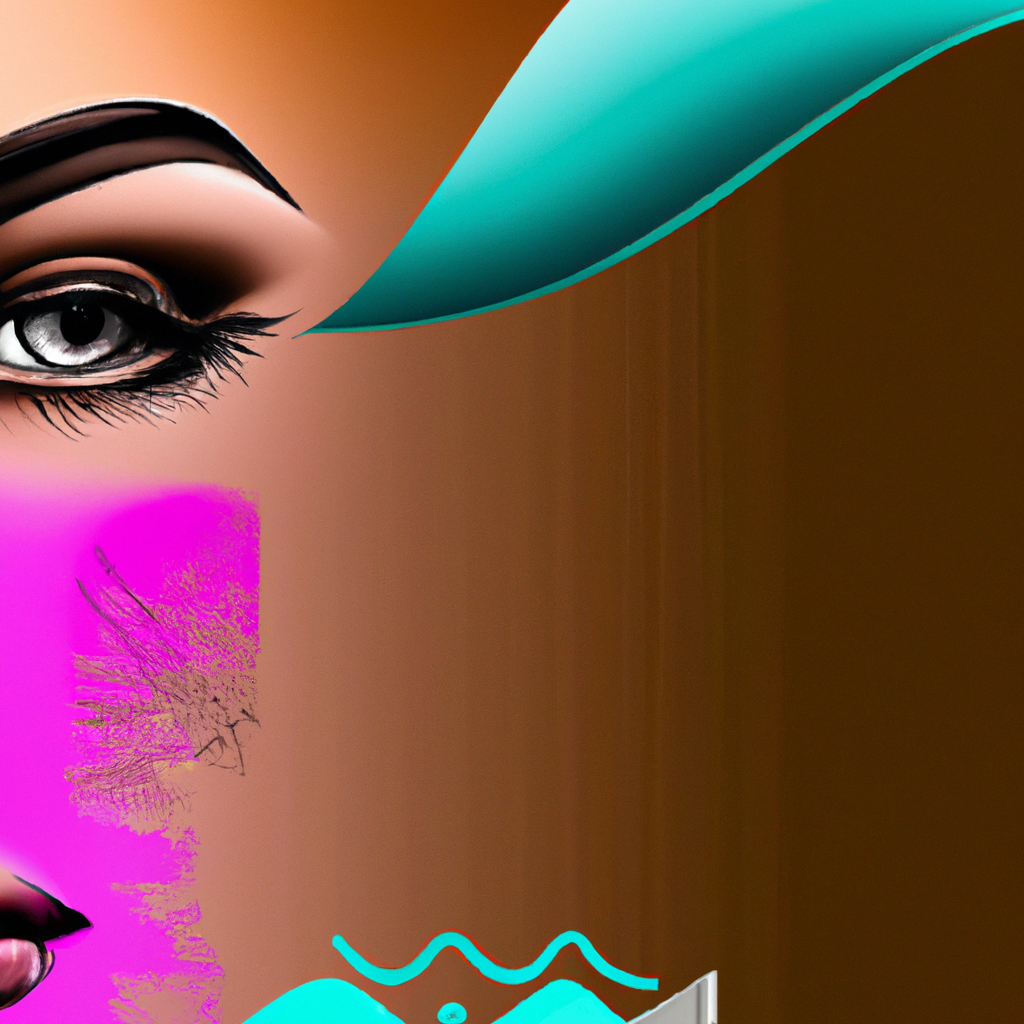
Role of AI in Future Art and Music
AI’s role in future art and music is expected to expand beyond assistance and collaboration, potentially leading to the emergence of entirely new art forms and musical genres. With AI’s ability to analyze and synthesize vast amounts of data, it has the potential to create immersive and interactive experiences that enthrall audiences.
AI can also be leveraged to democratize creativity by providing access to artistic tools and resources. This can empower individuals without traditional artistic training to engage in creative expression and contribute to the creative landscape.
AI’s Potential Impact on Creative Jobs and Industries
The integration of AI into creative fields raises concerns about the potential impact on job markets and industries. While AI has the potential to automate certain tasks and streamline creative processes, it is unlikely to replace human creatives entirely.
Instead, AI is expected to augment and enhance creative jobs, allowing professionals to focus on higher-level creative thinking and innovation. AI’s ability to automate repetitive tasks can free up time and energy for creatives to engage in more exploratory, imaginative, and meaningful work.
Real-world Examples of AI in Art, Music, and Writing
In recent years, there have been numerous real-world examples of AI’s integration into art, music, and writing. AI-generated artwork has been exhibited in renowned galleries, challenging audiences’ perceptions of artistic creativity. Artists have utilized AI as a tool to explore new techniques and expand the boundaries of traditional art forms.
AI-generated music has also gained attention, with AI composing original pieces in various genres. Technological advancements have resulted in AI systems that can replicate the styles of famous composers or create entirely new musical styles. Some AI-generated music albums have found commercial success, emphasizing the potential of AI in the music industry.
Similarly, AI-authored texts and books have been published, inviting readers to ponder the implications of AI’s involvement in creative writing. From poetry to short stories, AI is proving to be a capable writer, blurring the lines between human and machine authorship.
AI as an Aid to Human Creativity
Contrary to fears of AI replacing human creativity, AI can be a valuable aid to human creators. By automating repetitive tasks and providing new perspectives and possibilities, AI augments human creativity rather than replacing it.
AI can support and enhance human creativity by providing tools for inspiration, generating novel ideas, and offering quick feedback. With AI’s ability to analyze vast datasets, it can offer insights and suggestions that human creators may have never considered, leading to breakthroughs in the creative process.
Collaborative Art between Humans and AI
The potential for collaboration between humans and AI in the creative process is exciting. By combining the unique strengths of both human creators and AI systems, new and innovative forms of art, music, and writing can be achieved.
Collaborative art between humans and AI can result in unexpected and fascinating outcomes. Human artists bring their intuition, emotions, and contextual understanding, while AI offers computational power, analysis, and generation capabilities. This partnership has the potential to push the boundaries of creativity and challenge traditional artistic norms.
The AI and Human Creativity Partnership
The partnership between AI and human creativity holds immense potential for innovation and exploration. Instead of viewing AI as a threat to human creativity, embracing AI as a collaborator can lead to new possibilities and uncharted creative territories.
AI’s ability to analyze and synthesize vast amounts of data, generate ideas, and offer novel perspectives complements human creativity. By leveraging AI’s strengths and combining them with human intuition, emotional depth, and life experiences, creators can embark on groundbreaking artistic endeavors that transcend the boundaries of traditional creativity.
AI Education for Creative Practitioners
Understanding AI and its implications in creative fields is becoming increasingly crucial for creative practitioners. Education and upskilling in AI provide creatives with the knowledge and tools necessary to leverage AI effectively and responsibly.
Recognizing the need for AI education, resources have emerged to cater specifically to artists, musicians, and writers. These resources provide insights into AI applications, offer hands-on tutorials for using AI tools, and explore the ethical considerations surrounding AI in creativity.
By equipping creatives with AI knowledge and skills, they can leverage AI as a powerful tool to enhance their creative projects, explore new horizons, and connect with audiences in innovative ways.
Importance of Understanding AI in Creative Fields
Understanding AI in creative fields is essential for both creators and audiences. It enables creators to harness the full potential of AI tools, allowing them to create more efficiently, generate new and exciting ideas, and expand their creative boundaries.
For audiences, understanding AI in creative fields fosters appreciation and critical engagement with AI-created content. By understanding how AI is utilized in creative processes, audiences can gain insights into the underlying algorithms, appreciate the unique contribution of human creators, and contemplate the future of creativity in an AI-driven world.
Resources for Learning about AI in Art, Music, and Writing
To support the education and upskilling of creative practitioners in AI, several resources are available. Online courses, workshops, and tutorials cater specifically to artists, musicians, and writers looking to incorporate AI into their creative processes.
Organizations such as AI Art Lab, Creativity and AI Lab, and AI in Music offer educational programs, research resources, and community support for individuals interested in exploring the intersection of AI and creativity. These resources provide valuable insights and practical guidance for incorporating AI into creative projects.
Upskilling Creatives for the AI-Era
As the creative landscape continues to be shaped by AI advancements, upskilling creatives for the AI-era becomes vital. By embracing AI tools, understanding AI technology, and exploring its ethical implications, creatives can position themselves at the forefront of the evolving creative industry.
Creatives can further enhance their skills by collaborating with experts in AI, attending workshops and conferences, and actively engaging in discussions and communities dedicated to exploring AI’s impact on creativity. By doing so, creatives can navigate the ever-changing landscape of AI and leverage its potential to unlock new levels of artistic expression and innovation.






